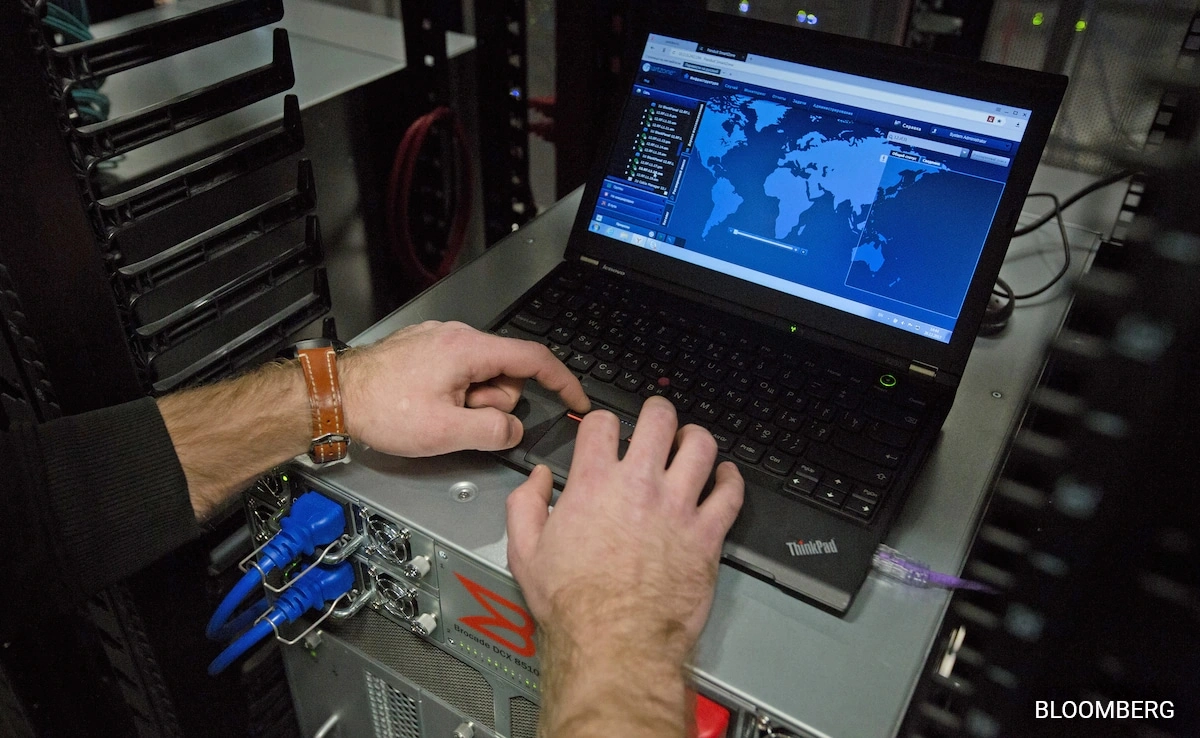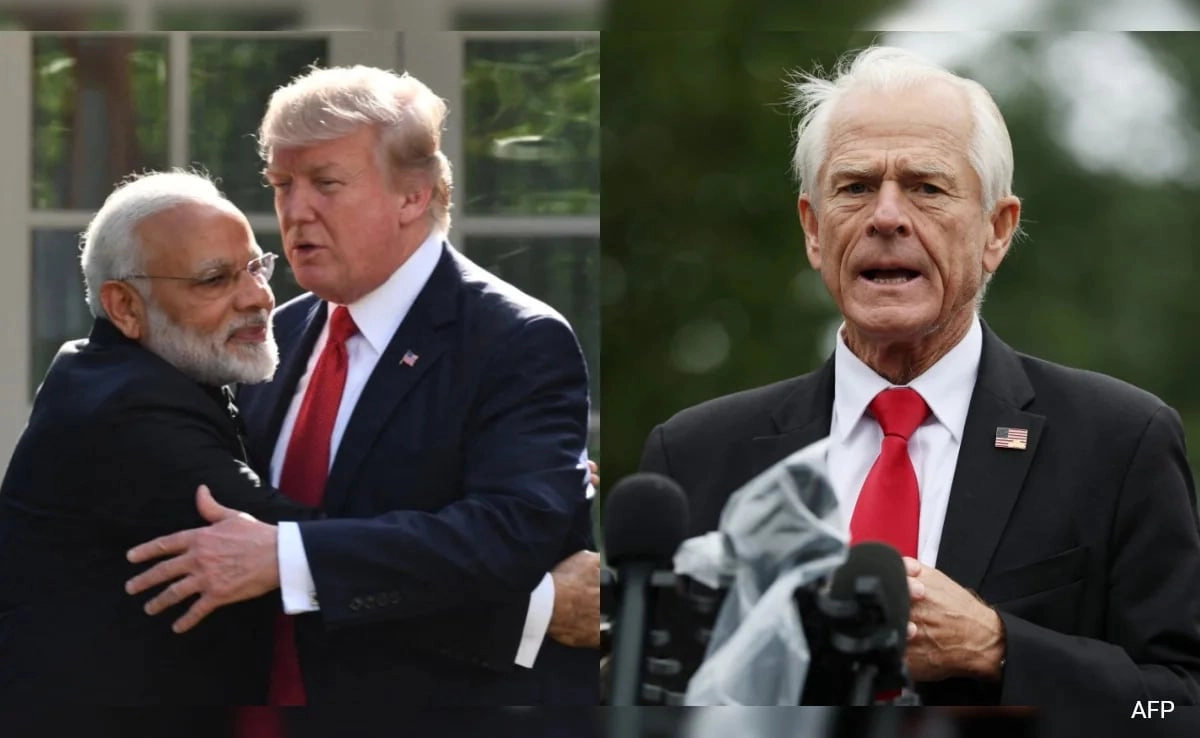Recent reports from Google have revealed that a group of hackers, believed to be linked to China, has been actively targeting diplomats in Southeast Asia. This alarming development underscores the growing trend of cyber espionage in the region, particularly aimed at individuals involved in diplomatic relations. The hackers are thought to have utilized sophisticated techniques to breach the security of these diplomats, potentially compromising sensitive information and communications.
The implications of such cyberattacks are significant, particularly for countries in Southeast Asia that are navigating complex geopolitical landscapes. Diplomatic communications are often critical for maintaining international relations, and any unauthorized access to these channels can lead to substantial diplomatic fallout. The targeted nature of these attacks suggests that the hackers are not merely engaging in random acts of cybercrime but are instead pursuing strategic objectives that align with broader geopolitical interests.
Google’s findings highlight the necessity for enhanced cybersecurity measures among diplomats and government officials in the region. As the threat landscape continues to evolve, there is a pressing need for countries to invest in robust security protocols and training for their personnel. This situation serves as a reminder that in an increasingly interconnected world, the realm of cybersecurity extends beyond traditional boundaries and requires a coordinated response to protect national interests.
Furthermore, the targeting of diplomats raises questions about the motivations behind such cyberattacks. Analysts suggest that these breaches could be part of a larger strategy to gather intelligence on political agendas, negotiations, and regional stability. The ability to monitor the communications of diplomats provides critical insights that can be leveraged for strategic advantage, making it essential for nations to remain vigilant against such threats.
In conclusion, the revelation of China-linked hackers targeting diplomats in Southeast Asia is a stark reminder of the vulnerabilities that exist in the realm of international relations. As cyber threats become more sophisticated, it is crucial for nations to prioritize cybersecurity and safeguard their diplomatic communications. The ongoing battle against cyber espionage will require cooperation, advanced technology, and a commitment to protecting the integrity of diplomatic engagements across the region.




